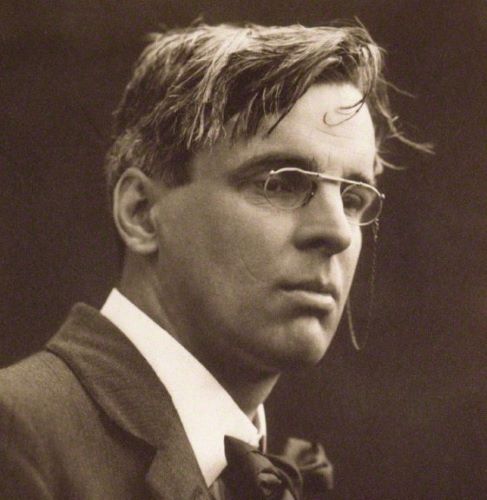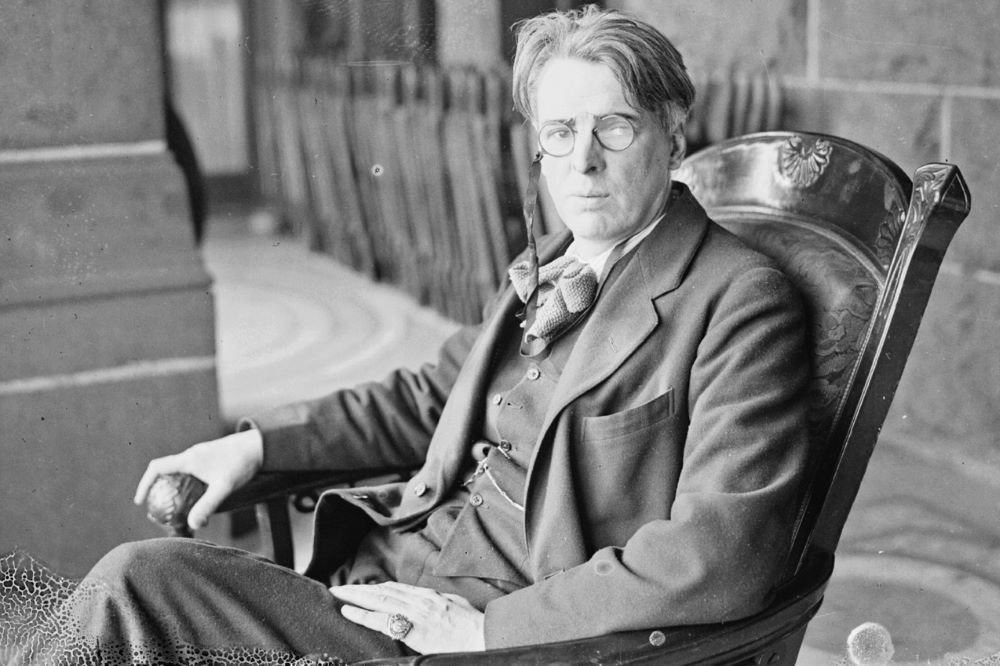
W.B. Yeats, known for his profound contributions to modern poetry, was a prominent Irish poet and playwright of the late 19th and early 20th centuries
SHOUKAT LOHAR
William Butler Yeats, known for his profound contributions to modern poetry, was a prominent Irish poet and playwright of the late 19th and early 20th centuries. His works leave an indelible mark on the literary world, addressing themes of love, mysticism, politics, and the human condition. This article delves into the meaning and message found within Yeats’ modern poetry, highlighting his unique perspective and enduring relevance.
A Reflection of Irish Identity
Yeats’ poetry often serves as a reflection of Irish identity and the struggles faced by a nation striving for independence. He skillfully intertwines themes of nationalism and cultural heritage, expressing a deep sense of longing for a free and unified Ireland. In poems such as “Easter, 1916” and “September 1913,” Yeats captures the tumultuous political climate and the sacrifices made by Irish revolutionaries, urging his readers to reflect upon their own roles in shaping a just society.

The Power of Symbolism
Yeats’ poetry is renowned for its rich symbolism, drawing inspiration from mythology, folklore, and the occult. Through intricate imagery and metaphors, he presents a world where the physical and spiritual realms intersect. In works like “The Second Coming” and “The Tower,” Yeats explores the cyclical nature of history, warning of impending chaos and the breakdown of societal order. His symbolic language invites readers to contemplate profound truths about human nature and the eternal struggle between good and evil.
Love, Loss, and the Human Experience
Yeats’ exploration of love and loss is a recurring theme throughout his poetry. His personal relationships, particularly with Maud Gonne, heavily influenced his work. In poems like “When You Are Old” and “The Wild Swans at Coole,” Yeats contemplates the passage of time, unrequited love, and the fleeting nature of beauty. His poignant verses resonate with readers, evoking a sense of empathy and introspection regarding the complexities of human emotions.
The Search for Spiritual Enlightenment
Yeats’ deep fascination with mysticism and spirituality permeates his poetry. Influenced by his involvement in the Hermetic Order of the Golden Dawn, he explores themes of mysticism, occultism, and the quest for spiritual enlightenment. In poems such as “The Magi” and “The Song of Wandering Aengus,” Yeats conveys a longing for transcendence and a yearning to connect with the divine. His spiritual explorations invite readers to ponder the mysteries of existence and the pursuit of higher truths.
 The Poet as a Vessel of Truth
The Poet as a Vessel of Truth
Yeats saw himself as a poet-prophet, using his art to convey profound truths about the world. In his later works, he delves into themes of aging, mortality, and the role of the artist. Poems like “Sailing to Byzantium” and “Under Ben Bulben” express his contemplation of his own legacy and the power of poetry to transcend time. Yeats’ poetry reminds us of the enduring importance of art and its ability to preserve and transmit universal truths across generations.
Conclusion
W.B. Yeats’ modern poetry continues to captivate readers with its profound meaning and timeless messages. Through his exploration of Irish identity, symbolism, love, mysticism, and the role of the poet, he has inspired millions of people across the globe.
_______________
 Shoukat Lohar is Assistant professor in English at Mehran University of Engineering and Technology Jamshoro. He can be reached at Shoukat.ali@faculty.muet.edu.pk
Shoukat Lohar is Assistant professor in English at Mehran University of Engineering and Technology Jamshoro. He can be reached at Shoukat.ali@faculty.muet.edu.pk